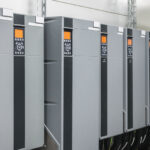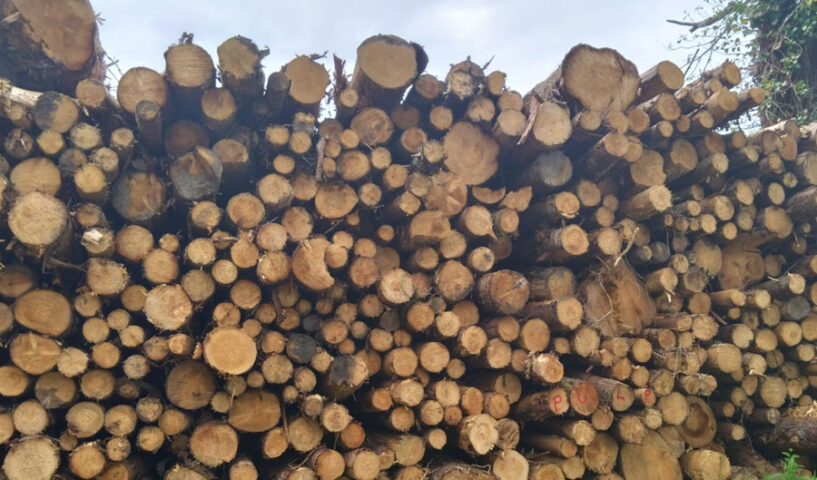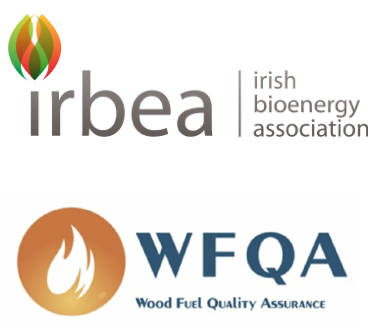
Challenges and opportunities for green hydrogen in a future energy system
4th October 2024
Government outlines electricity storage future
7th October 2024Significant opportunity to deliver renewable heating solutions using solid biomass

Irish Bioenergy Association (IrBEA) CEO Seán Finan outlines the opportunities to decarbonise Ireland’s heat through expansion of the solid biomass (wood) sector.
Bioenergy is a reliable, proven and globally deployed renewable energy technology. In 2021, it was the largest source of renewable energy in the EU, accounting for 59 per cent of all renewable energy generated of which 71 per cent was comprised of solid biofuels. Renewable heat deployment in Ireland is the lowest in the EU at 5.2 per cent, compared to an EU average of 22.9 per cent.
Role of the Irish Bioenergy Association
While the Irish Bioenergy Association (IrBEA) is the representative body for the sectors of biomass, biogas/biomethane, biofuels, biochar, wood fuels and energy crops, the focus of this article is on the opportunities within the solid biomass (wood) sector. Further details at www.irbea.org.
IrBEA manages and administers the Wood Fuel Quality Assurance (WFQA) scheme which certifies the suppliers of wood fuel including woodchip, pellet, wood briquette and firewood. Further details at www.wfqa.org.
IrBEA is also a national supporting body for SURE, a body which provides sustainability certification services to biomass suppliers.
The solid biomass indigenous resource
Solid biomass used for renewable heat is derived from sustainably managed forests, with woodchip and pellet generally used in industrial and commercial heating. In Ireland, the Council for Forest Research and Development (COFORD) forecasts that the solid biomass resource will increase from the current level of approximately 9.5 PJ/year to 15-16 PJ/year by the middle of the next decade. To put this in context in volume terms, 1PJ is the equivalent of 85,000 tonnes of woodchip at 35 per cent moisture content. In 2022, according to SEAI, 93 per cent of all solid biomass used in Ireland was indigenous.
Established supply chain
Ireland has a well-established, modern, and efficient network of forestry biomass contractors and an established nationwide network of woodchip suppliers with significant capacity for expansion of this network. In addition, Ireland also has significant skills, knowledge and capacity to design, install, operate and maintain biomass heating systems.
Sustainability and air quality
Solid biomass sustainability is strictly governed by the Renewable Energy Directive and sourced using sustainable forest management practices and techniques. Strict EU regulations exist regarding air emissions with the thermal input/output of the heating system determining which legislative instrument governs the specific emission and air quality standards.
Financial models and supports
There are several types of supply and contractual arrangements available to heat users. An Energy Supply Contract (ESCO) is preferred by many heat users as it takes responsibility for fuelling, operating and maintaining the biomass heating system, with the heat user paying for the units of heat delivered. For heat users, the Support Scheme for Renewable Heat (SSRH) is a 15-year SEAI administered operational support for biomass heating systems. There are several hundred biomass heating systems operating successfully across Ireland.
The IrBEA solid biomass capacity statement
IrBEA has recently launched a solid biomass capacity statement which demonstrates the capacity of the sector to deliver decarbonised heating solutions using solid biomass.
Further details are available at: www.irbea.org/sbc-statement


